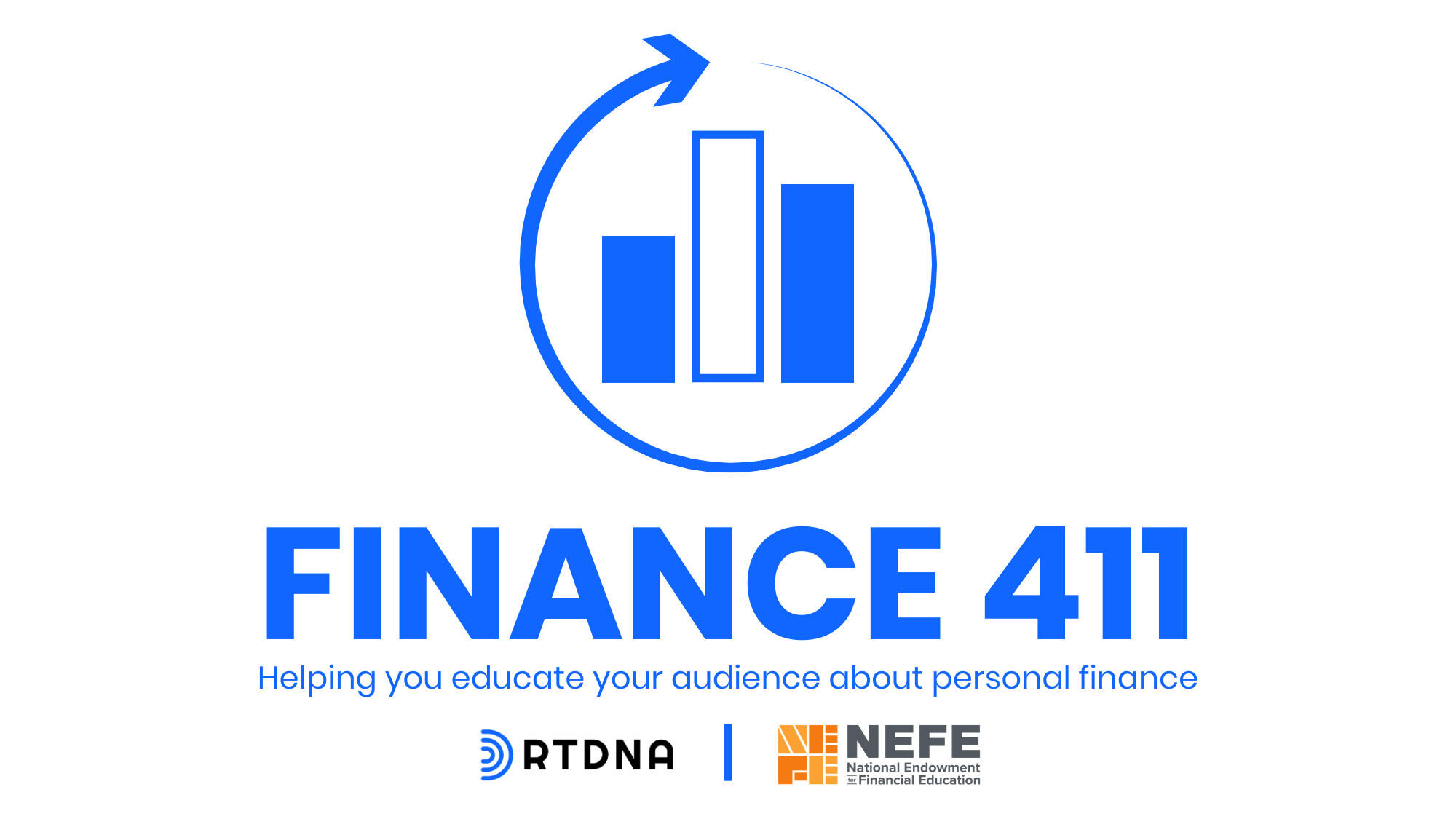Money Matters: Summer’s the start of side-gig season

Summer’s here, schools are out, and seasonal work is heating up.
Summer puns out of the way, many viewers may be looking for a summer job or side job this time of year. While the gig economy is growing, your audience could certainly use ideas of what to look for – and information about the financial pros and cons.
Here’s what to think about in stories about side jobs.
What’s the goal?
Depending on whether your audience is looking for a little extra cash, a way to stay busy, or to pay the bills, there will be different considerations in looking for part-time work. Is schedule flexibility most important? Maximum earning potential? Stability of income?
What about the potential to become a new career? That could mean thinking about a passion and giving it a try part-time.
Think about your audience and why they might be looking for additional work to see how different types of work could be good fits.
What’s the work structure?
Different types of side jobs can have drastically different financial implications, from earnings to taxes
- Contractor. A contractor or consultant may hired short-term for a particular project, with a set timeline and likely, a fixed rate for the project. However, when paid as an independent contractor rather than an employee, the contractor is subject to a self-employment tax but has more flexibility in deducting business expenses. Ask a tax professional to explain what potential contractors need to know.
- Temp worker or hourly employee. Think hourly and one likely thinks of retail work, but there may be more options for temporary or part-time hourly work. Talk to a staffing company about other options for potential second jobs.
- Freelancing. Freelancing may be the most flexible option in terms of schedule, time commitment, and earning potential, but it may not be a perfect fit. Potential freelancers may need to consider stipulations of contracts with current employers. Freelancers will also need to research the market, set rates, develop a client base, and consider incorporating as a business. Tracking freelance income for tax purposes could be tricky, and earnings are subject to the independent contractor tax implications. What else do freelancers need to consider? Look for a co-working space in your area – they could be a good source of advice for your audience.
- Direct sales. Direct sales is another flexible option, but there can be catches, particularly in startup costs. There are almost endless options for direct sales, many targeted at working moms.
So where does being an Uber driver fall? Good question! A federal judge recently ruled ride share drivers are independent contractors following a class action lawsuit.
Is there an upfront investment required?
Does the job require training or certification? Summer jobs as lifeguards, camp counselors or fitness instructors may. What about a financial investment? Direct sales often involves purchasing products upfront or paying hosting fees for online stores.
What opportunities are available locally – or virtually?
Some local economies are particularly packed with seasonal work opportunities. Does your area have a strong summer tourism industry with associated part-time or temporary jobs? If so, talk to some seasonal employers who are currently hiring. If not, look to local pools, camps, tutoring centers or virtual work options.
Weekly Money Matters personal finance content for your newsroom is sponsored by the National Endowment for Financial Education.
